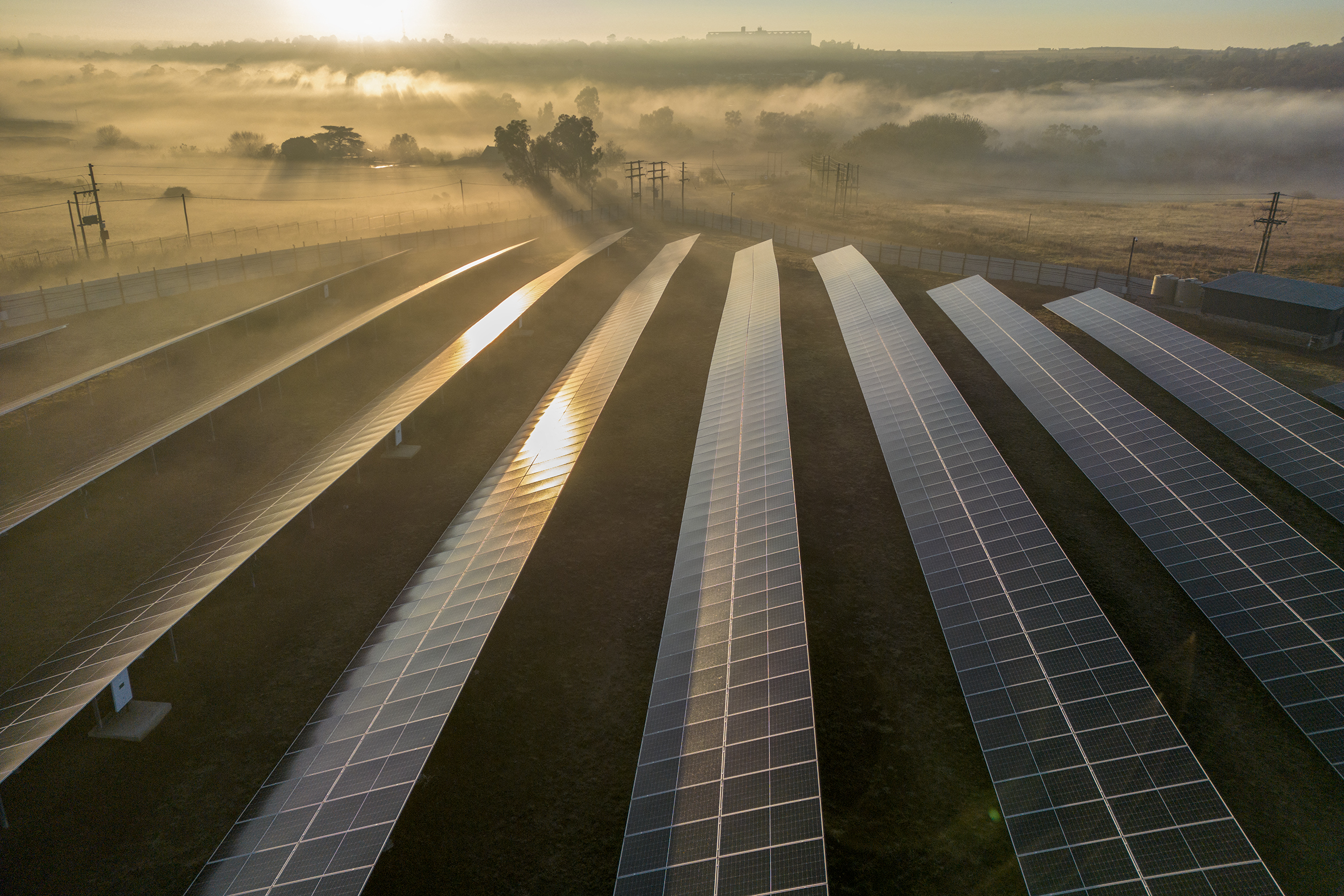Amid global and regional recalibration, Gulf Cooperation Council (GCC) states are shifting their strategic outlooks beyond traditional areas of influence. Historically focused on the Gulf and the broader MENA regions, GCC countries are now showing a keen interest in expanding their footprints further afield.
Among the best examples of this trend is the United Arab Emirate’s increasing engagement in Africa. Considering the numerous Muslim-majority countries on the continent, some in the throes of political upheaval and conflict, the UAE, by advocating moderate Islam, can act as a mediator and catalyst. The UAE can also work to prevent potential crises and champion stability, facilitating Africa’s sustainable growth.
A case in point is the issue of climate change. Through climate mitigation support for the developing world, particularly African countries, Gulf states – led by energy innovators like Abu Dhabi – are moving beyond mere statements to substantial investments and concrete project commitments, including on clean energy.
For the UAE, these commitments are based on a deep understanding of mutual challenges – changing rainfall patterns, rising sea levels, water scarcity, desertification – and their common solutions.
Abu Dhabi is well positioned to help Africa, both geographically and culturally. After the severe earthquake in Morocco, the UAE was among the few countries whose offer of assistance was accepted for both capacity and political reasons. This enabled the swift creation of an air bridge to funnel critical aid to those affected by the quake’s devastation.
Similarly, in response to floods in Libya, the UAE dispatched two planes loaded with 150 tons of vital supplies, including food, water, and essential medical provisions. A dedicated search and rescue team was also sent to assist in locating and providing aid to survivors.
The shared and very real challenges of climate change, however, also present shared opportunities. The UAE, having advanced in sustainable urban planning and water conservation, is extending its expertise on a range of innovations, from efficient irrigation systems to cutting-edge renewable energy technologies.
Africa isn’t the GCC’s only focus. Regional powerhouses have signed economic partnership agreements with countries from India to Indonesia, South Korea to Israel. By forging new alliances, Gulf states – led by the UAE and Saudi Arabia – aim to broaden cooperation, especially with current and emerging powers. Initiatives like the Abraham Accords, and membership in influential groups such as the BRICS, the Shanghai Cooperation Organization, and the G20 are vehicles to achieve these goals.
As global economies transition toward sustainability, financial mechanisms to support climate resilience will be critical. Here, the Gulf’s financial prowess can play a pivotal role, creating innovative funding avenues such as green bonds or climate-resilient infrastructure investments. The evolving carbon market also offers collaboration opportunities.
By investing in carbon offset projects across Africa, the UAE can simultaneously support its carbon neutrality aspirations and catalyze sustainable growth on the continent.
At the recent Africa Climate Summit, the UAE pledged $4.5 billion to expedite clean energy projects in Africa. The UAE’s renewable energy firm, Masdar, has committed $2 billion of equity and aims to rally another $8 billion in project financing. Their goal is to realize 10 gigawatts of clean energy capacity in Africa by 2030 through the Infinity Power platform.
As host of the United Nations climate talks, COP28, this November in Dubai, the UAE has a chance to present a robust and actionable global plan, emphasizing the needs of Africa and others in the Global South. Such a plan will be rooted in the UAE’s own established record of blended finance to promote clean energy in emerging nations.
It’s important to view engagement with Africa not merely in today’s context but with an eye on tomorrow. The continent, with its immense renewable energy potential, is poised to become a significant green hydrogen supplier to Europe, especially as Europe seeks to diversify its energy sources.
Yet, Africa currently attracts a mere 3 percent of global energy investments, and faces escalating debt despite rich natural resources. Countries in Europe and Asia can join with the UAE and other Gulf states in working together in Africa toward realizing such potential.
By acknowledging the challenges facing Africa, such as climate change, and harnessing the continent’s potential, it’s possible to forge partnerships that are mutually beneficial. As adjustments in the global order continue, emerging powers like the UAE are well positioned to help chart a more equitable, greener future.
Dr. Gedaliah Afterman leads the Asia Policy Program at the Abba Eban Institute for Diplomacy and Foreign Relations at Reichman University. He has served as an Australian foreign service officer working on Asian regional security issues and as a diplomat at the Australian Embassy in Beijing.

